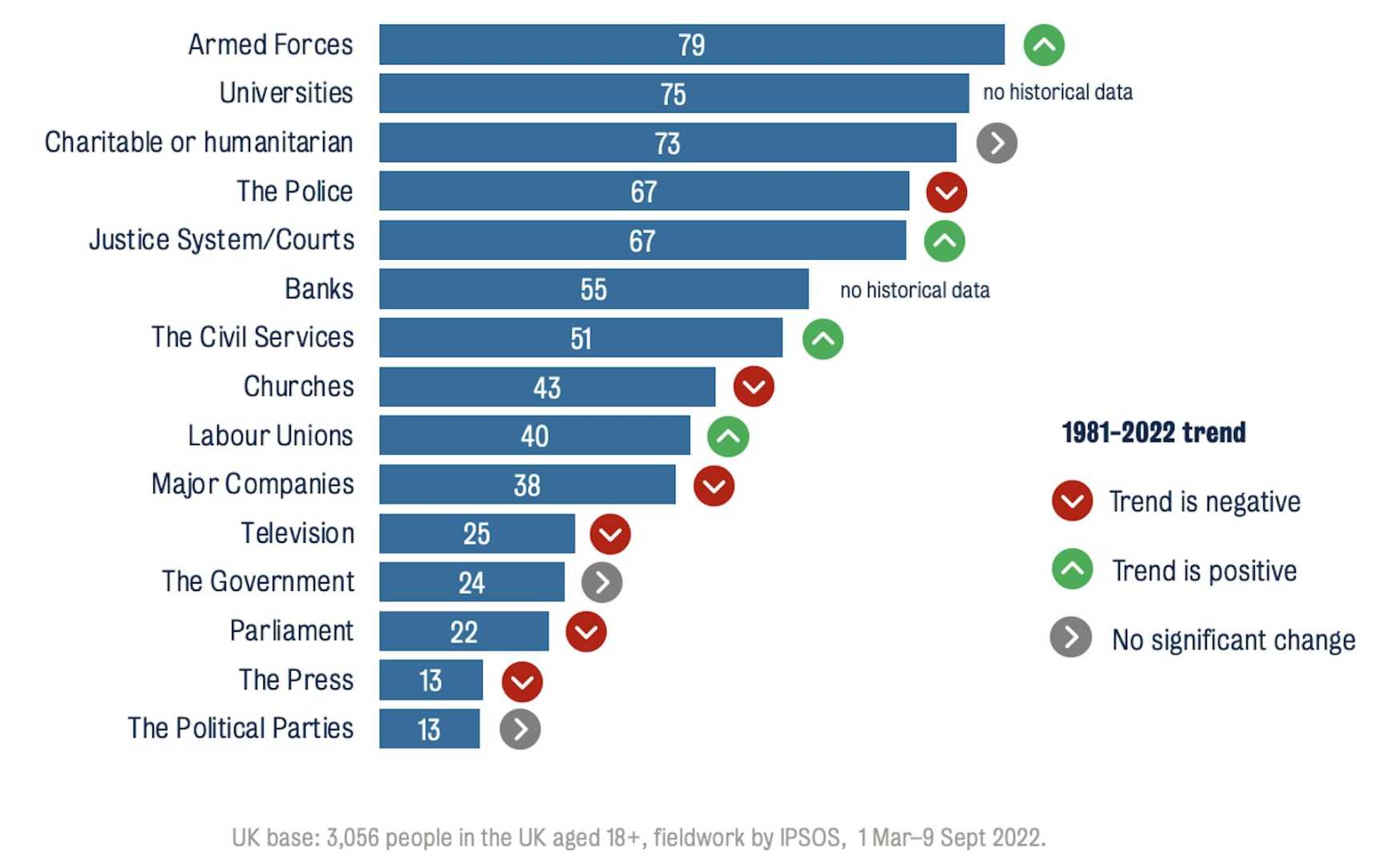News
Generation Z’s Disillusionment with Britain Revealed in Shocking Survey

UK, February 21, 2025 — A recent YouGov survey commissioned by The Times has unveiled troubling attitudes among Generation Z regarding their nationality and the state of Britain. Conducted among 18-27-year-olds, the study highlights a significant decline in national pride compared to previous generations. The data reveals that only 41% of young Britons express pride in their nationality, a stark contrast to 80% reported in a similar survey conducted in 2004.
One of the most striking findings indicates that nearly half of the respondents, 50%, believe Britain is “a racist country,” while 48% feel the nation is “stuck in the past.” In contrast, only 36% disagreed with these statements. However, there is a flicker of optimism, as 47% perceive Britain as a tolerant country, greater than the 37% who do not.
Furthermore, the survey discovered a notable sense of disconnection among young Britons, with just 15% stating they live in a united society. This disconnect has significantly worsened over the last two decades; young Britons previously exhibited a more favorable view, with 79% believing Britain to be a tolerant country and 58% claiming it was united.
“These findings are a wake-up call,” said YouGov’s research director, who noted the stark shift in sentiment among Generation Z. “The decline in national pride and the increase in negative perceptions of British society reflect broader trends in political discourse and social identity.”
As more young people grapple with the realities of modern Britain, concerns over social issues, the housing crisis, and the job market contribute to their feelings of alienation. Many express frustration over the lack of opportunity and the rising cost of living, which further complicate their relationship with national identity. One 22-year-old participant shared, “When I go abroad, I try to keep my Britishness quiet. I don’t want to be associated with what people think of our country.”
The generational divide seems to be widening, as older cohorts reflect on a time when pride in British identity was a prevalent sentiment. Historical comparisons illustrate a stark contrast; in 2004, young Britons largely felt connected to their national identity.
Dr. Sarah O’Neill, a sociologist at the University of London, emphasizes the role of the digital landscape in shaping these attitudes. “Generation Z has been influenced by global conversations about identity and inclusivity that may overshadow traditional forms of national pride,” she explained.
The changing cultural dynamics and political climate may explain the hesitance to reaffirm a national identity. Younger generations, according to Dr. O’Neill, often shy away from expressions of patriotism viewed as outdated or associated with regressive ideologies, creating a new framework for what it means to be British in contemporary society.
As this fabric of national identity continues to evolve, understanding Generation Z’s perceptions becomes crucial. While the survey paints a picture of discontent, analysts argue there remains the potential for revival in national sentiment, should future governance address the pressing issues faced by young Britons.
Voices in the survey multiply the discussion on patriotism, with a clear call for political leaders to fulfill promises that resonate with this generation. As sentiments shift toward a more nuanced understanding of national pride, the implications could reshape Britain’s future in the coming decades.












